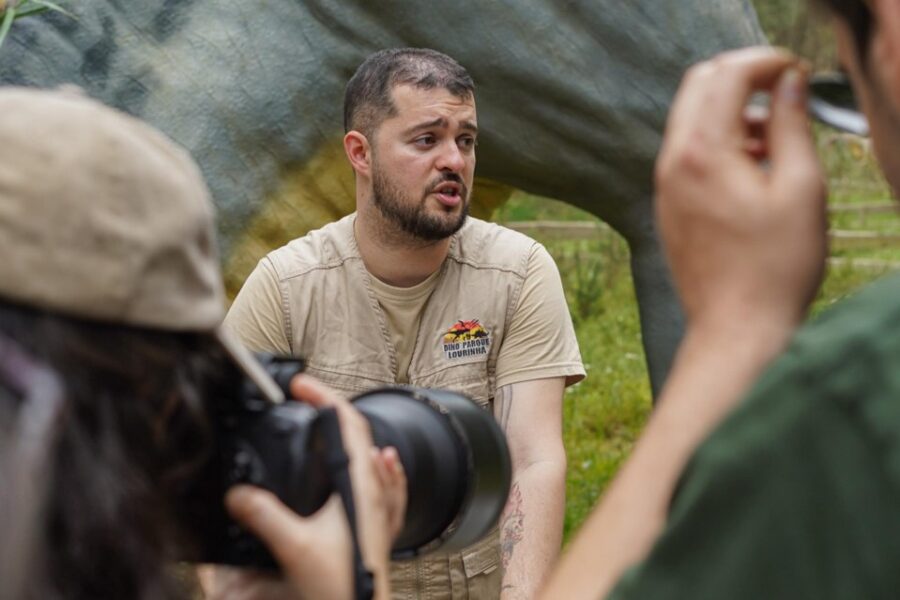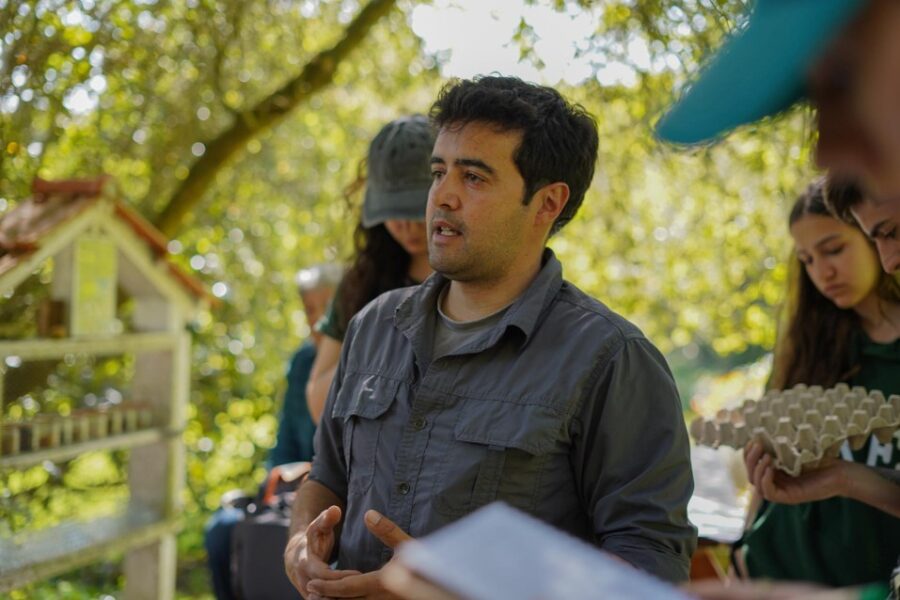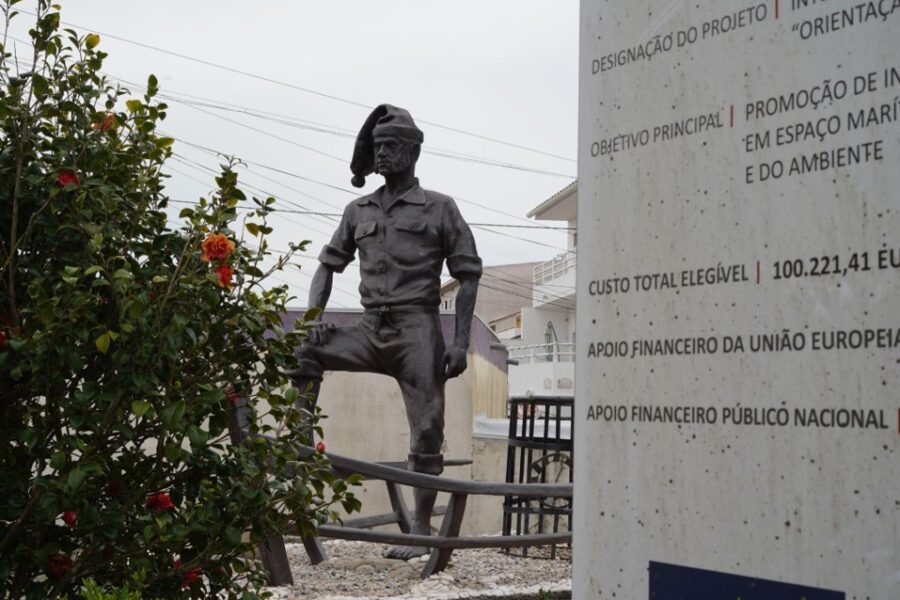Life on the frontlines of a changing ocean
Located along Portugal’s silver coast, there is a place called Lourinhã. Lourinhã’s been in the spotlight for its chillier waters, drawn from the Atlantic Ocean, long favored by surfers. Along the rocky shores of Lourinhã’s beaches, natural aquariums emerge in the form of tide pools, providing safe haven to marine life and a natural draw for locals and fishing enthusiasts alike. In the ever-adored “Praia da Areia Branca”, however, the community is noticing that their place is ever changing.

Paleontology’s role in environmental conservation and understanding of human history
Although paleontology holds the weight of Earth’s history, it is itself a relatively recent field. With only 200 years worth of studies, this study field has destroyed all preconceived notions we’ve had in regards to everything. From dinosaurs with feathers to the human impact on ecosystems, paleontology helps fit the pieces of the biggest puzzle of the modern era – how can climate change alter the course of history?

How REBN is Protecting Portugal’s Nocturnal Butterflies
The “Rede de Estações de Borboletas Noturnas” (REBN), has been monitoring the moth and butterfly populations of the remarkably diverse portuguese fauna since 2021. The project researches these species in order to raise awareness about how nocturnal butterflies are important to the environment and should be protected.

Ribamar’s fishing legacy at risk amid modern challenges
“Fishing is an industry very much adrift. If a sector is lost at sea, people are bound to try and save themselves”, says Leonor Silva, a fish net saleswoman. The Ribamar region has long been linked to sea life, fishermen, net making women, Nossa Senhora de Monserrate, but now, they’re struggling to stay afloat, how has it come to this?


You must be logged in to post a comment.